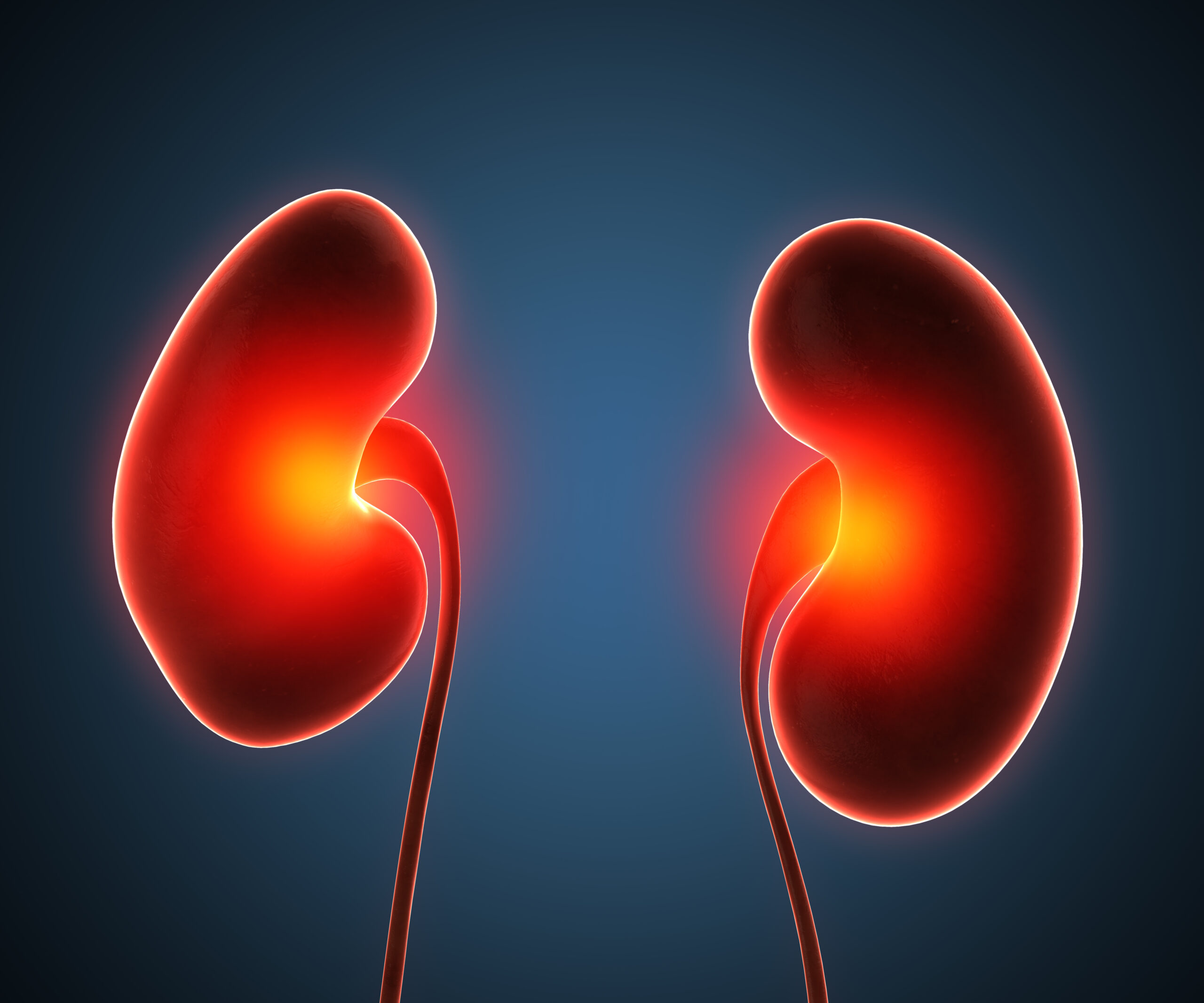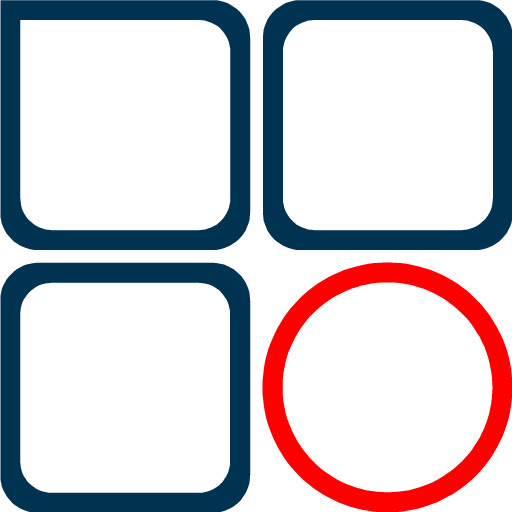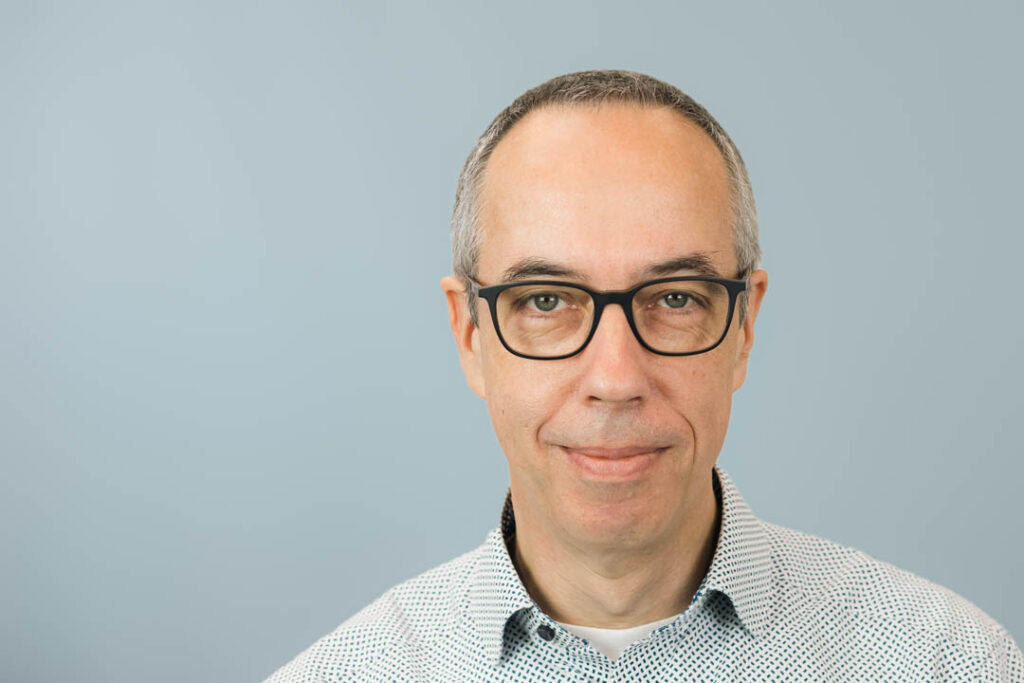KFO 5011 InteraKD: Superresolution Ultrasound Imaging of the Kidney
Understanding and monitoring renal microvascular remodeling in CKD by super-resolution ultrasound.

This project is a subproject of the Clinical Research Group KFO 5011 InteraKD of RWTH Aachen.
Pathological microvascular remodeling and microvascular dysfunction are common findings and contributing factors in progressive chronic kidney diseases (CKD), but in-vivo imaging methods that allow for their quantification are not available. Recently, we developed a super-resolution ultrasound method, enabling a highly detailed microvascular characterization of tissues at the morphologic and functional level. The method relies on the injection of clinically used gas-filled microbubbles as contrast agents and their tracking with algorithms known from GPS and radar.
The resulting tracks are displayed at a resolution corresponding to the localization accuracy, which goes far beyond the resolution limits of the ultrasound devices. In addition, the method allows for quantification of blood velocity and direction within single capillaries, i.e. functional analyses of microvascular dynamics. We here aim to develop super-resolution ultrasound for experimental and clinical nephrology to analyze microvascular alterations in kidney diseases. Our preliminary data show that kidney vasculature can be visualized at super-resolution in mice and humans, but significant modifications of the scanning protocol, data processing and image analysis will be required to achieve the same quality as in tumors or the brain.
Our aims are to
- modify the protocol to analyze the renal microvasculature in mice and humans and to
- investigate renal microvascular remodeling during the transition from acute kidney injury (AKI) to CKD.
As a proof-of-concept study we will analyze the role of macrophage migration inhibitory factor (MIF) on microvascular remodeling. To achieve this task, our team combines experts in imaging (Kiessling), data analysis (Schmitz) and translational nephrology (Djudjaj). Super-resolution ultrasound is a non-invasive method and we already used it in a clinical trial on breast cancer patients. In cooperation with clinical nephrologists within the consortium we also aim to
- perform a first clinical trial with patients with different stages of CKD,
- and finally, we will perform radiomic analyses to evaluate the additional benefit of parameters extracted from super-resolution ultrasound data.




